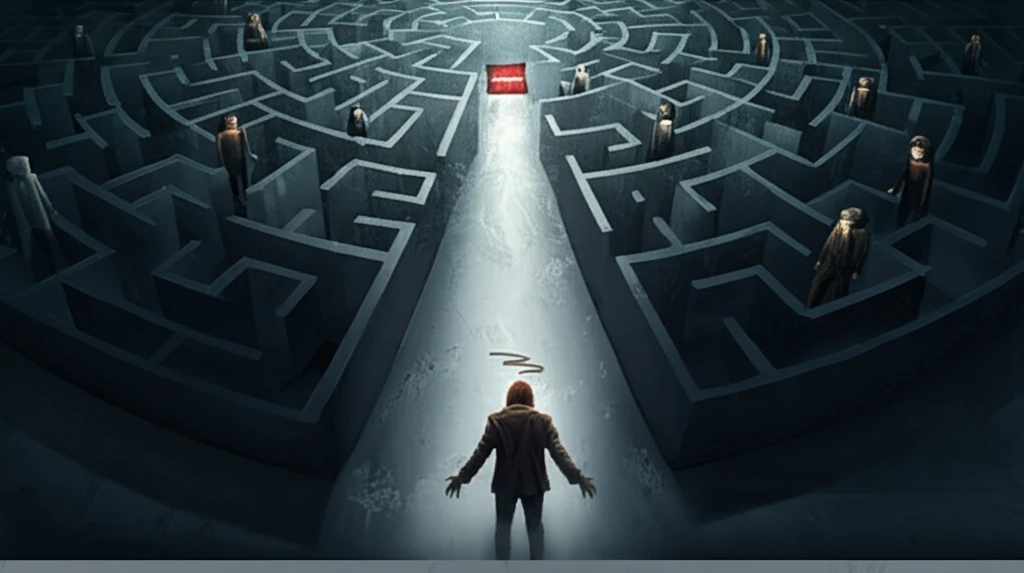
Welfare Reform Realities: How Britain's System Fails Its People
"An eye-opening look at the everyday struggles of individuals navigating the UK's reformed welfare system and why it's not working."
In Britain today, there's a stark contrast in how the lives of those relying on benefits are portrayed. On one side, popular media and politicians often depict 'welfare' as a state of dependency, suggesting that individuals need a push to get into work. Programs like 'Benefits Street' reinforce this narrative.
However, a different reality exists – one where people are trapped by a 'welfare' system that, instead of providing support, actively works against them. This alternative perspective is powerfully illustrated in Ruth Patrick's book, 'For Whose Benefit? The Everyday Realities of Welfare Reform,' and films like 'I, Daniel Blake.'
Patrick's book delves into the lived experiences of 22 young jobseekers, lone parents, and disabled individuals claiming benefits. Through a longitudinal study involving repeated interviews over several years, she paints a rich and thorough picture of what it's like to navigate the 'welfare reforms' implemented by the Coalition government.
The Broken Promise of 'Reformed Welfare'

A central theme in Patrick's book is how the benefits system has strayed from the spirit of 'social security,' instead embracing a notion of 'reformed welfare' that proves counterproductive. The focus has shifted from providing income security during difficult times to exerting pressure to return to work.
- Increased Harshness: Welfare reform has become harsher and meaner-minded in recent years.
- Dread of New Policies: Stricter conditionality has led to claimants dreading new policy pronouncements and the uncertainties they cause.
- Disjuncture of Rights and Responsibilities: The rhetoric of 'matching rights with responsibilities' has failed due to unrealistic expectations.
The Power of Public Discourse
Public discourse plays a significant role in undermining benefit claimants. 'Scroungerphobia' profoundly affects how 'welfare' services are received, leading to feelings of shame and mistrust. Hostility from the benefits service becomes a barrier to finding it helpful.
